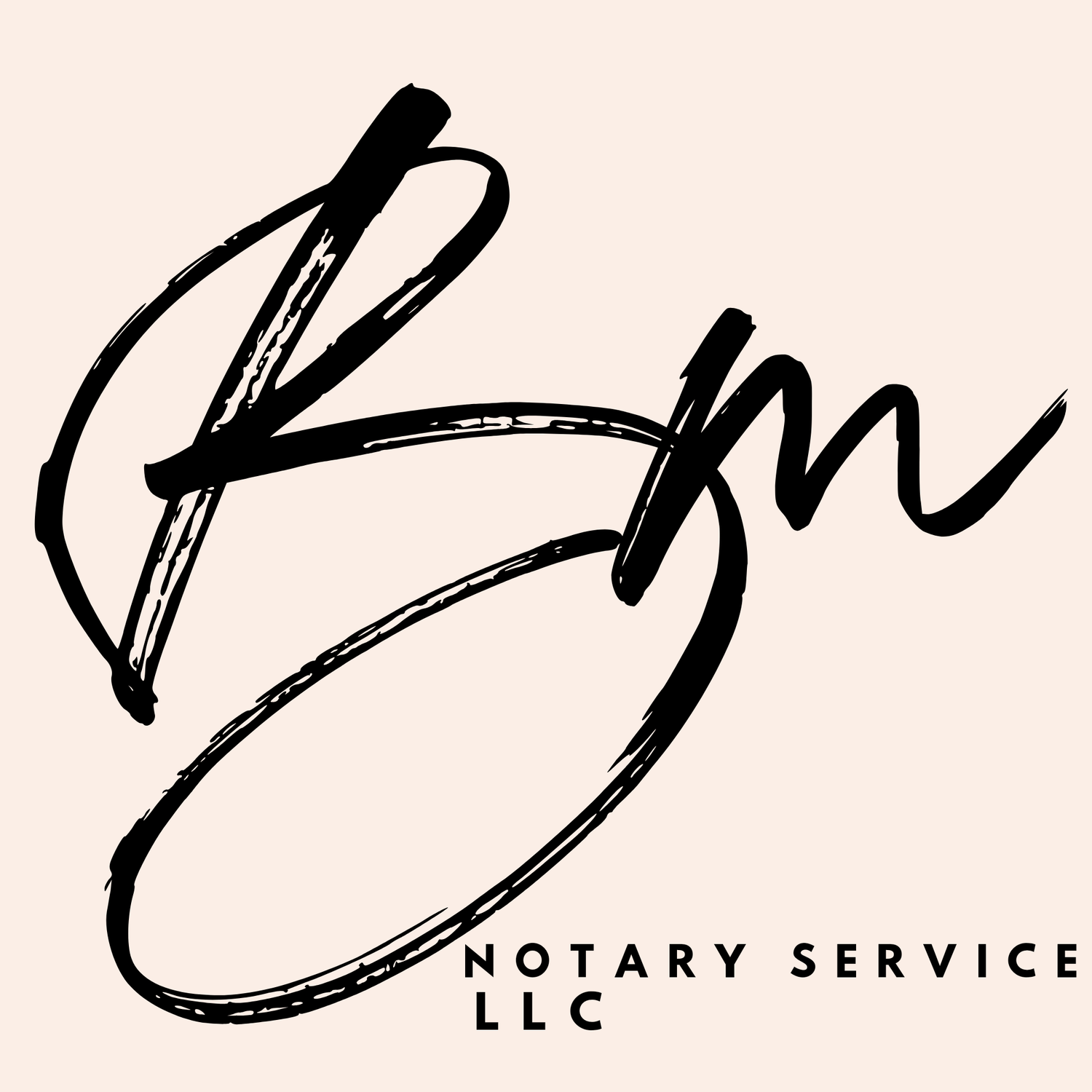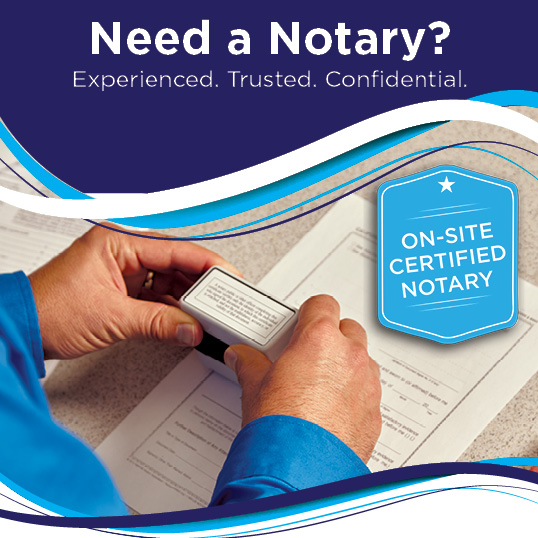Notary Public: Your Trusted Witness and Record Authenticator
Notary Public: Your Trusted Witness and Record Authenticator
Blog Article
Debunking Notarial Job: Simplifying the Duty and Value of Notaries
In the elaborate internet of lawful documentation and verification, notaries stand as columns of guarantee and credibility. Their role, usually shrouded in mystery for lots of, lugs significant weight in making certain the validity and integrity of vital documents. As guardians of legality and fact, notaries play a critical component in our culture, yet their job is not always fully recognized. By unwinding the complexities bordering notarial methods and shedding light on the relevance of their acts, a more clear understanding arises of the essential duty notaries play in upholding the fabric of legal and contractual agreements.
The History of Notarial Work
How did notarial job progress gradually to become an essential component of lawful and company purchases? The background of notarial work go back to ancient worlds, where scribes played a critical duty in recording essential information and authenticating papers. As societies proceeded, the requirement for an extra formalized system to ensure the credibility of agreements emerged. This resulted in the growth of notaries, individuals appointed by the state to function as impartial witnesses in lawful issues.
During the Center Ages, notaries gained importance in Europe, with their features expanding to consist of composing legal records, certifying trademarks, and preserving documents. The rise of global trade better highlighted the importance of notarial operate in verifying agreements and agreements across boundaries.
In the modern age, notaries proceed to play a vital role in lawful and organization purchases by confirming identifications, validating the credibility of documents, and avoiding scams. Their function in certifying the credibility of contracts includes a layer of safety and trust fund to the ever-evolving landscape of commerce and law.

Tasks and Obligations of Notaries
Notaries play a crucial role in validating the authenticity of records and the identity of notaries. One of their key obligations is to witness the finalizing of crucial documents, such as acts, contracts, and wills, to guarantee that all events are entering into arrangements knowingly and willingly.
In addition, notaries are tasked with carrying out oaths and affirmations, which are crucial in legal process and the execution of testimonies. They certify copies of original records, providing assurance to organizations that the duplicates hold true replicas of the originals. Notaries must preserve precise documents of all purchases they oversee to make sure openness and liability. Overall, the tasks and duties of notaries are important in safeguarding the honesty and legality of different files and transactions.
Notarial Certificates and Signatures
Exemplifying careful interest to detail, notarial certificates and signatures function as essential components in validating the credibility of lawful papers. Notarial certifications commonly have critical details such as the day of registration, see here the names of the signatures, a summary of the file, and the notary's main seal. These certifications supply a clear record of the notarial act, ensuring that the record can be conveniently determined and traced back to the notary that oversaw the procedure.
Signatures play a pivotal duty in notarial work, as they represent the arrangement and approval of the parties entailed. Notaries meticulously witness the signing of records site link to validate the identity of the signatures and verify that they are signing of their very own free will. By fastening their official seal and trademark to the file, notaries license that the necessary procedures have actually been complied with and that the file is enforceable and legitimate.
Essentially, notarial certifications and signatures are the trademark of credibility in legal purchases, offering guarantee to all parties included that the records are genuine and binding.
Relevance of Notarial Acts
Notarization Process Explained
The notarization procedure commonly begins with the specific providing the document to a notary public. When the identity is validated, the notary ensures that the specific signing the file does so voluntarily and without any coercion.

Verdict

Notarial certifications generally include critical information such as the day of notarization, the names of the notaries, a summary of the document, and the notary's main seal. These certificates offer a clear document of the notarial act, making sure that the record can be easily recognized and mapped back to the notary that looked after the procedure.
By affixing their official seal and trademark to the paper, notaries license that the essential treatments have been adhered to and that the record is legitimate and enforceable.
By validating the identity of the notaries, confirming their desire to get in into the arrangement, and certifying the date and location of the signing, notaries play a critical duty in promoting the legitimacy of lawful papers.After the paper is signed, the notary will attach their official seal or stamp onto the document.
Report this page